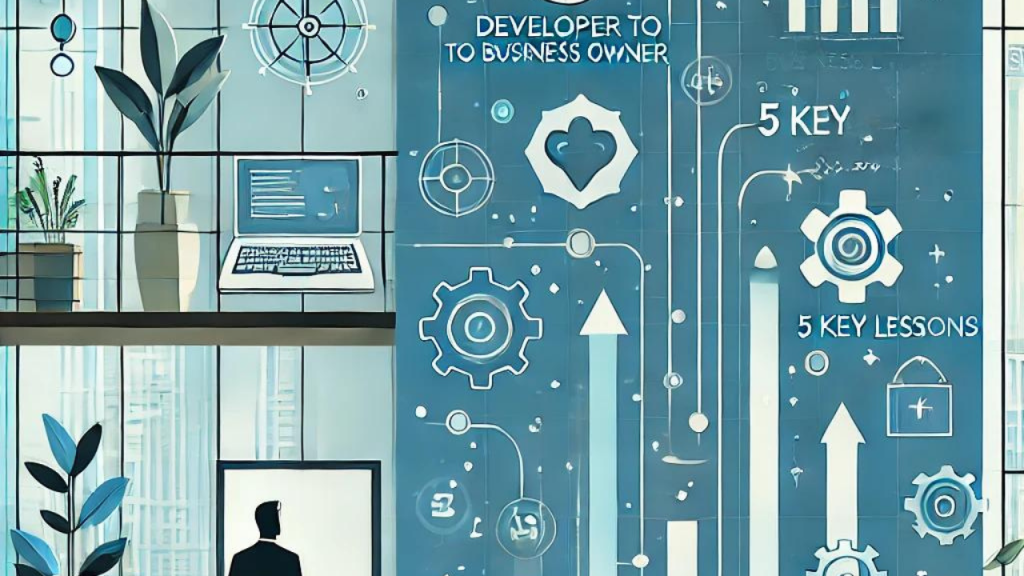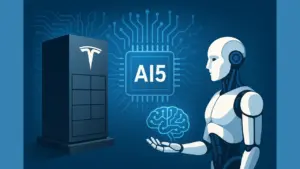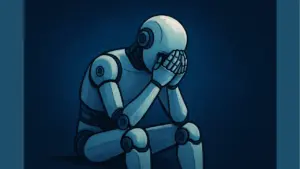Introduction
Transitioning from a software developer to a tech industry business owner is no small feat. It’s a journey full of challenges, valuable insights, and growth opportunities. As someone who has walked this path for 15 years, I’ve learned numerous lessons that have shaped both my career and the way I approach leadership and problem-solving.
My name is Spencer Thomason, and I’ve been a developer for over 25 years, with the last 15 spent as the founder and CEO of CleanRouter. In addition, I serve as a Fractional CTO at StartupHakk, where we help train software developers and build custom software solutions for clients. In this post, I want to share five critical lessons I’ve learned through the lens of transitioning from developer to business owner. Whether you’re a developer considering entrepreneurship or a business owner trying to understand tech better, these lessons will provide valuable insights for your journey.
Lesson 1: Embrace Technical Adaptability and Innovation
One of the most important lessons I’ve learned as a business owner is the necessity of technical adaptability and innovation. Early on in my journey, I faced numerous technical challenges, some of which threatened to derail the progress of my company. For example, at one point, we made a significant investment in hardware that turned out to be unsuitable for our needs. Many would have seen this as a setback, but instead, we found ways to innovate and repurpose those resources. We sold the hardware on eBay, which not only mitigated the loss but also provided critical funding for other areas of the business.
As a developer transitioning into a business role, adaptability is a skill that can’t be understated. Technologies evolve rapidly, and businesses need to be flexible enough to adjust and pivot. The key to success is not avoiding technical challenges, but rather, embracing them as opportunities to innovate.
In addition to adaptability, innovation plays a critical role. Your technical skills provide a foundation for identifying creative solutions when business problems arise. Being able to leverage those skills to innovate will set you apart as a business owner. From overcoming software challenges to finding new ways to streamline processes, technical expertise can be a powerful tool when applied effectively.
Lesson 2: Prioritize Clear and Comprehensive Documentation
The second lesson that has been instrumental in my success is the importance of clear and comprehensive documentation. When I first started CleanRouter, I quickly realized how essential documentation was in ensuring the smooth operation of our development and business processes. Whether it’s coding, project management, or client onboarding, good documentation is key to efficiency and long-term success.
As developers, we often get caught up in the creative and technical aspects of our work, but neglecting proper documentation can lead to confusion, wasted time, and unnecessary mistakes down the road. In the early stages of CleanRouter, I made it a priority to maintain meticulous records of every development phase, from initial coding to bug fixes and updates. This not only made future development easier but also helped onboard new team members faster.
For developers looking to transition into business ownership, don’t underestimate the power of documentation. It’s the backbone of any successful project and ensures that the knowledge is preserved within the organization, allowing for seamless transitions during staff changes, project updates, or technical troubleshooting.
Lesson 3: Maintain a Customer-Centric Approach
One of the biggest shifts I had to make when transitioning from developer to business owner was learning to maintain a customer-centric approach. As developers, we’re often more focused on the technical details of building products than on how the end-users will interact with them. However, as a business owner, understanding and responding to customer needs becomes the top priority.
At CleanRouter, we regularly engaged with our users to gather feedback and improve the product. This customer-centric approach allowed us to build stronger relationships and ensure that our product truly solved our customers’ problems. By actively listening to what users wanted, we were able to prioritize features that made a real difference to them.
For developers aspiring to become business owners, it’s crucial to shift the focus from technical features to customer value. Engaging directly with your users and incorporating their feedback will not only make your product better but will also help foster loyalty and trust. Customers are more likely to stick around if they feel like their voices are heard and their needs are addressed.
Lesson 4: Leverage Open Source and Community Support
Throughout my career, I’ve always believed in the power of open-source technologies and the strength of community support. CleanRouter, for example, was built on top of the OpenWRT project, an open-source software for routers. By leveraging this robust platform, we were able to build a strong foundation for our product.
The beauty of open-source lies in its collaborative nature. Engaging with the community not only provides invaluable insights but also accelerates problem-solving. Whenever we encountered issues during development, we could rely on the open source community for solutions, and in return, we contributed back by hosting servers, pushing patches, and supporting the community however we could.
For developers, embracing open-source projects is an excellent way to enhance your skills, expand your network, and give back to the community. The collaborative environment of open-source drives innovation and fosters shared growth, benefiting not just the individual but the broader tech ecosystem.
Lesson 5: Commit to Continuous Learning and Skill Enhancement
The final lesson is perhaps the most important one: commit to continuous learning and skill enhancement. The tech landscape is constantly evolving, and the skills that made you successful today might be obsolete tomorrow. In my 15 years as a business owner, I’ve made it a point to stay updated on the latest technologies, tools, and trends in the industry.
As developers, we often feel that we can “rest” once we’ve mastered a language or framework. But in business, that mindset can be detrimental. The world of technology is ever-changing, and staying competitive requires a dedication to lifelong learning. Whether it’s enrolling in online courses, attending industry conferences, or participating in workshops, always seek out opportunities to grow your knowledge.
Continuous learning not only helps you stay ahead in your industry but also equips you with the tools needed to tackle new challenges. It’s a practice that ensures you remain relevant, adaptable, and capable of driving innovation within your business.
Conclusion
The transition from developer to business owner is a rewarding yet challenging journey. Over the past 15 years, I’ve learned that adaptability, innovation, documentation, customer focus, community support, and continuous learning are key components to building and sustaining a successful business. These lessons have not only shaped CleanRouter’s growth but have also helped me evolve as a leader and problem-solver.
For those considering a similar path, I encourage you to embrace these lessons. Stay adaptable, prioritize your customers, engage with the open-source community, and never stop learning. By doing so, you’ll be well-equipped to navigate the challenges of business ownership and thrive in the tech industry.
Call to Action:
I’d love to hear your thoughts! What challenges have you faced in your journey from developer to business owner? Feel free to leave a comment below. Also, don’t forget to like and subscribe to stay updated with more content from StartupHakk. We’re here to help developers grow through our coding bootcamps and custom software solutions. Reach out and connect with us today!




